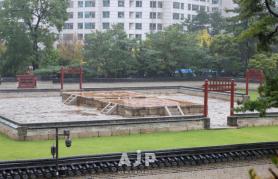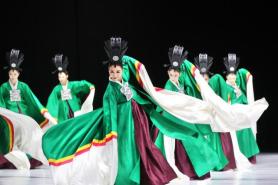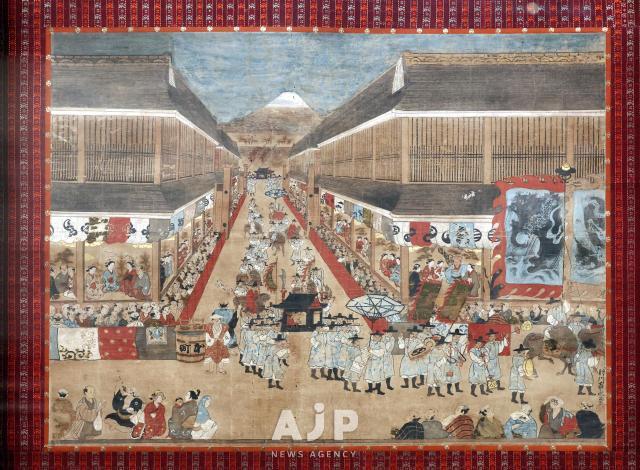
SEOUL, May 21 (AJP) - To commemorate the 60th anniversary of the normalization of diplomatic relations between South Korea and Japan, the Seoul Museum of History is presenting a special exhibition on Joseon Tongsinsa, which will continue until June 29.
The Joseon Tongsinsa, or diplomatic envoys, trace their origins to the 15th century, but their role dramatically expanded after Japan’s invasion of Korea in 1592.
Seeking to mend ties, the Edo Shogunate in Japan initiated diplomatic overtures that led to the formal dispatch of Joseon’s official diplomatic missions to Japan.
Between 1607 and 1811, 12 such delegations embarked on lengthy journeys, each typically comprising 300 to 500 individuals. Their voyages, which often took between six months and a year, began in Busan, proceeded via Tsushima Island to Osaka by ship, and then continued overland to Edo, present-day Tokyo. Much of the documentation relating to these activities is preserved in Japan, reflecting where the envoys’ primary engagement took place.
This exhibition offers a rare opportunity to examine the profound influence of the Joseon Tongsinsa on Japanese society, showcasing a wealth of materials not only from South Korean archives but also significant loans from Japanese museums and institutions.
In the later period of the Joseon Dynasty, while the Tongsinsa missions were primarily intended to maintain peace between the two nations, their cultural function as conduits for advanced learning and customs increasingly came to the fore.
The envoys traveled with royal diplomatic documents and carried an array of gifts, including ginseng, tiger pelts, ramie and hemp textiles, writing brushes, ink sticks, silver-decorated daggers, and Cheongsimwon, a traditional herbal medicine. In Japan, the Tongsinsa were met with widespread festivity and elaborate welcoming ceremonies. Crowds flocked to their lodgings, eager to receive poems or samples of calligraphy from the accompanying retinue.
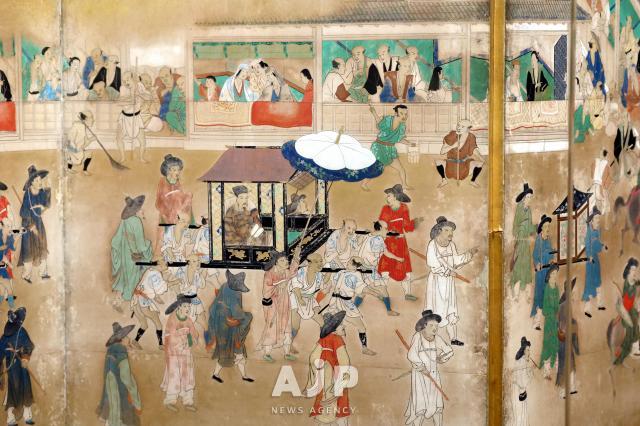
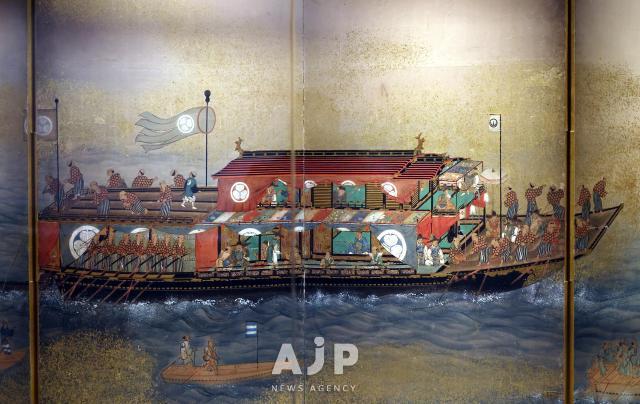
Japanese artists captured the envoys' activities in numerous works, including large folding screens, woodblock prints and scrolls, many of which survive to this day. Even minor gifts presented by the Tongsinsa were often cherished and, remarkably, many have since been designated as cultural properties. Each visit by the envoys sparked a "Joseon boom" in Japan, significantly influencing the development of Japanese culture and even altering prevailing trends.
Among the lasting legacies left by the Joseon Tongsinsa in Japan are the Dangin dance, the Joseon palanquin, and the tradition of Pildamchanghwa (poetic exchanges through written communication).
In return, elements like sweet potatoes, chili peppers, tomatoes, copper, folding fans, parasols, ink stones, and Mino paper were introduced to Joseon from Japan.
From 1636 onward, at the shogunate’s request, the missions included two acrobats, known as Masangjae, who performed equestrian feats for the shogun. Their performances were immensely popular, leading to a widespread vogue among the nobility for intricately lacquered pouches decorated with equestrian acrobatics and depictions of the Tongsinsa procession.
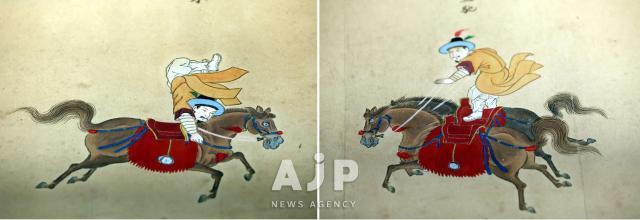
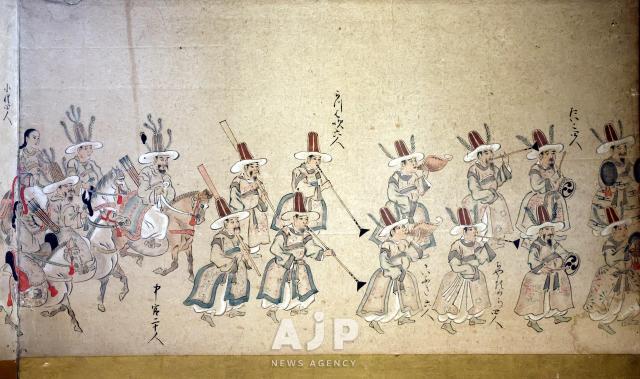
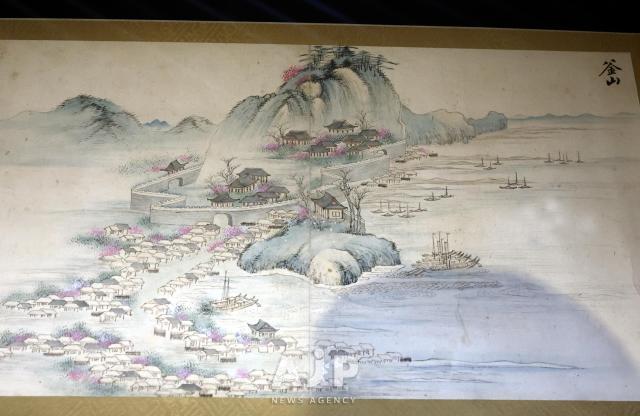
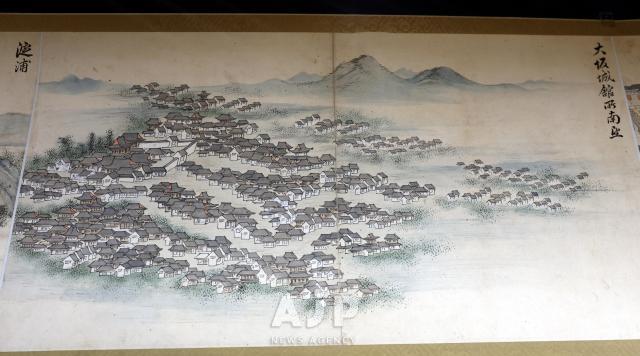
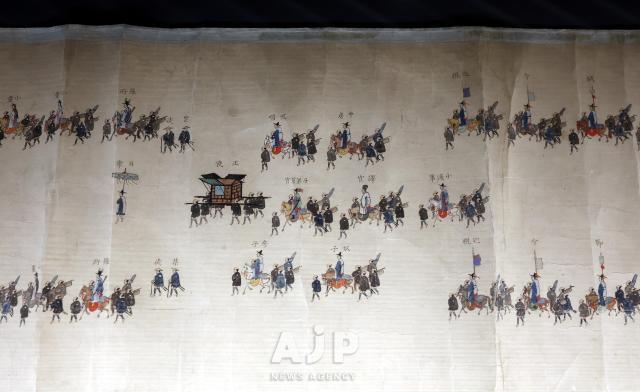
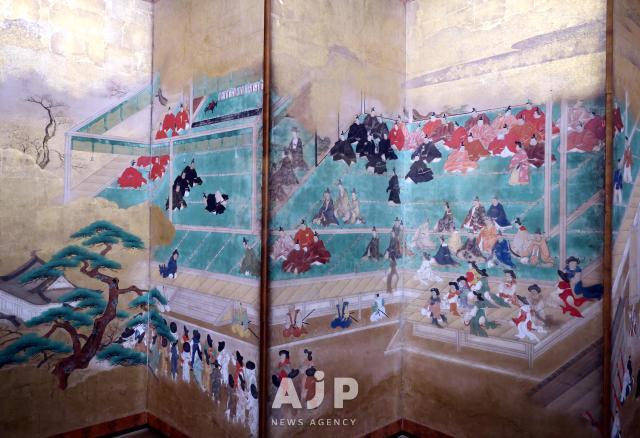
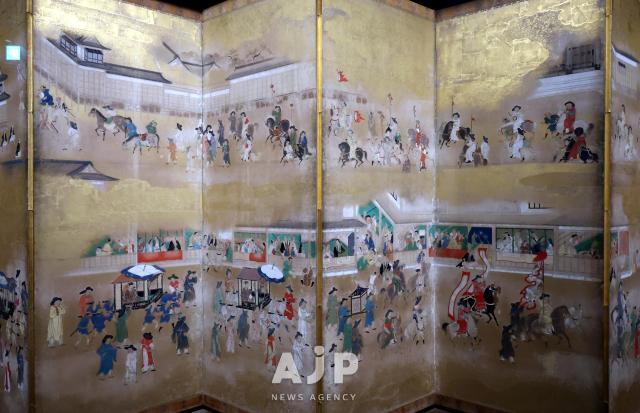
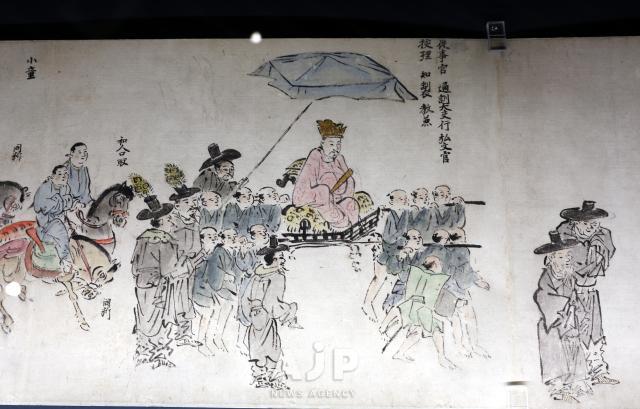
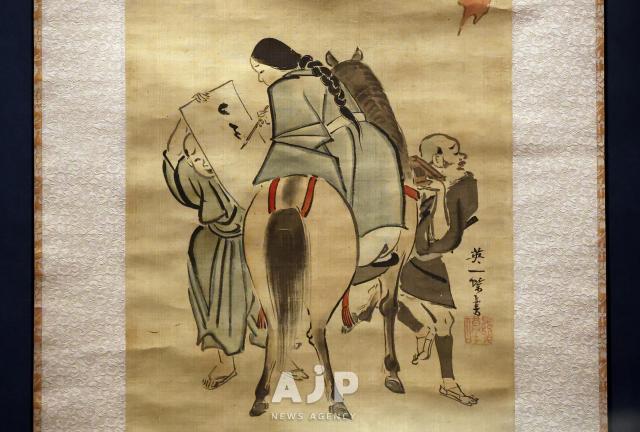
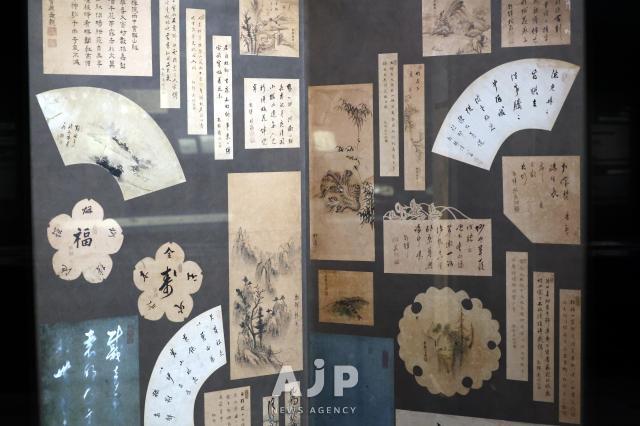
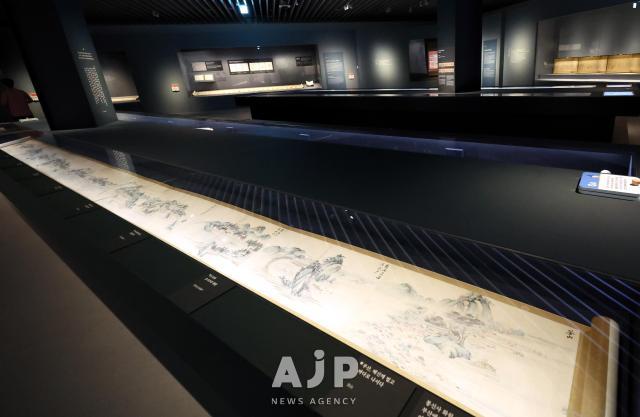
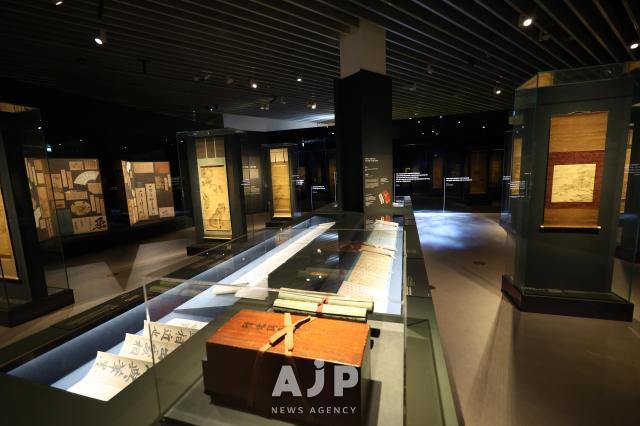
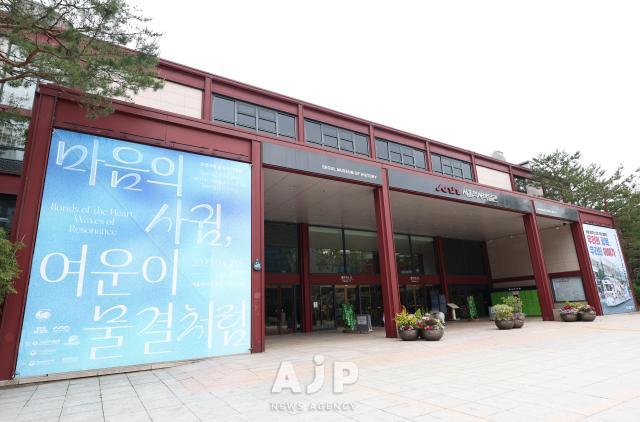
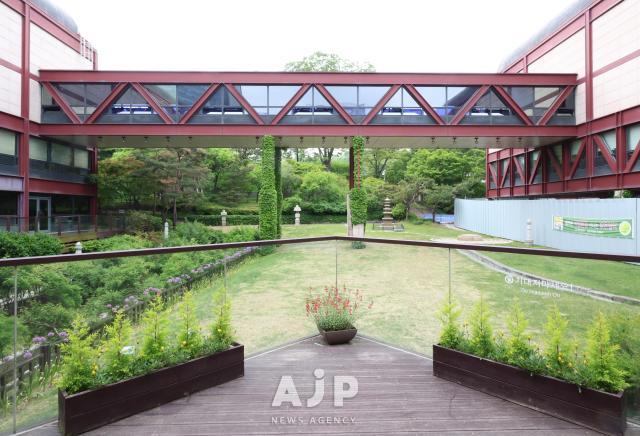
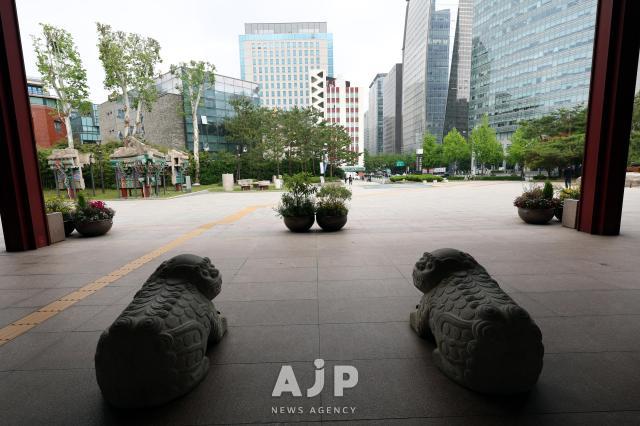
Copyright ⓒ Aju Press All rights reserved.


